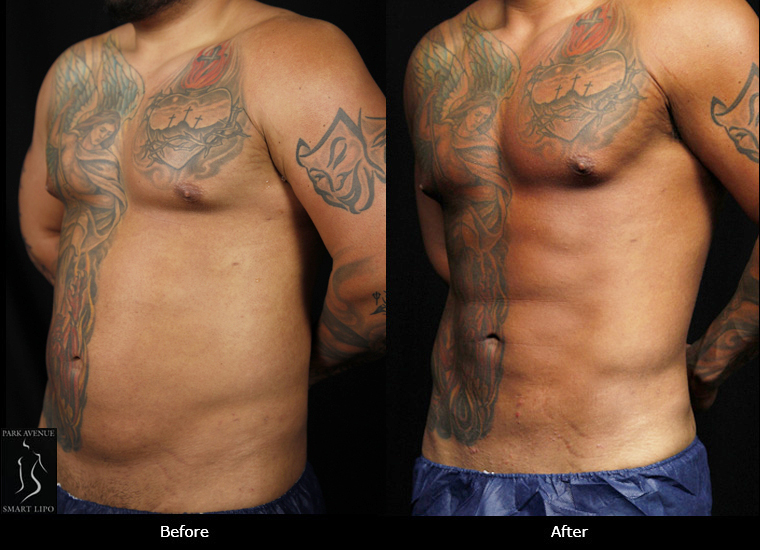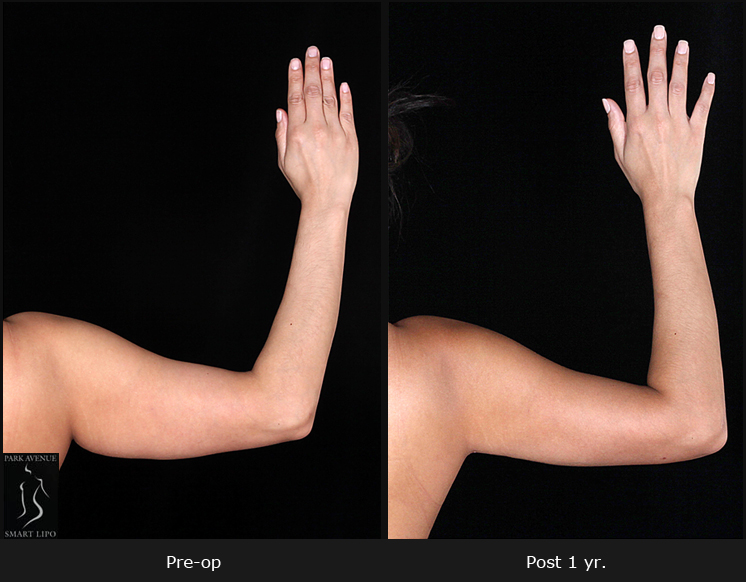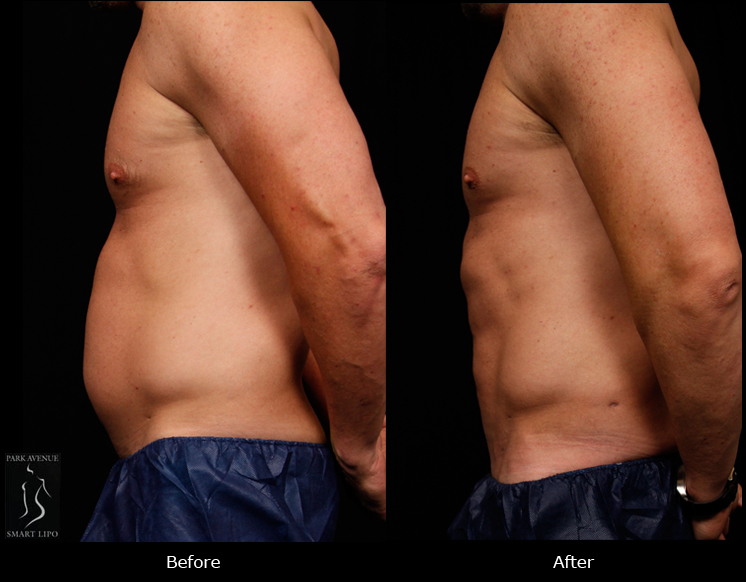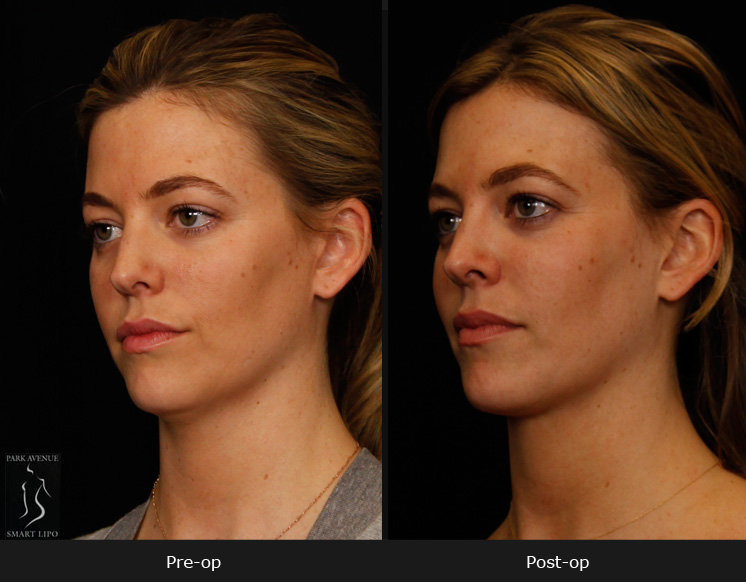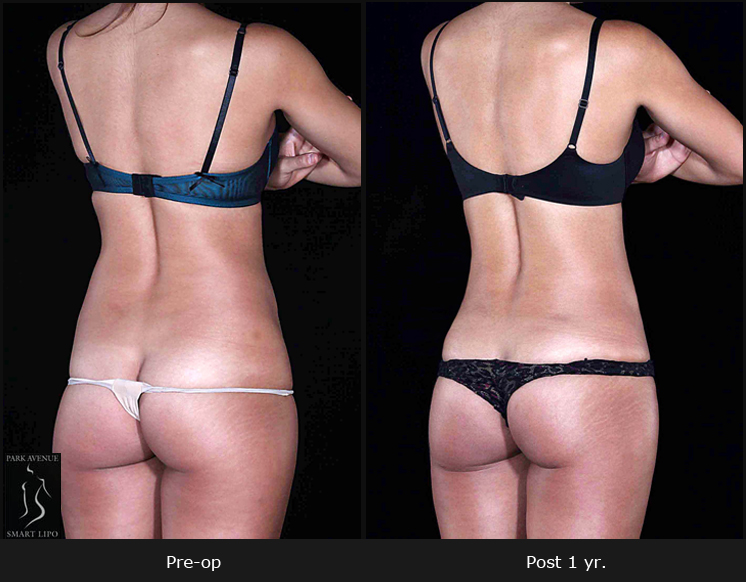People looking to achieve a well-shaped body engage in strenuous exercises and diets to shed excess fat, but usually find that these strategies don’t work. Liposuction is designed to help men and women achieve your body contouring goals. Liposuction in New York City is an ideal way to get rid of unwanted fat and get a trimmer, attractive physique. Like all cosmetic surgical procedures, liposuction too comes with some side effects. Itching after the procedure is a common concern among patients. Here are few answers to frequently asked questions about itching after liposuction:
- Why does Itchiness occur after Liposuction?
Many patients will experience itchiness after liposuction. This common side effect of liposuction usually happens about two weeks after the procedure, either along with other common initial side effects such as discomfort, bruising, and swelling or once these side effects have dissipated.Most of the time, the itching is due to the nerve fibers in the areas affected by liposuction that have been traumatized or numbed, and can continue up to a year as it takes long for the nerves to heal. During your liposuction recovery period, your nerves would start to feel extra sensitive, resulting in irritation and itchiness. Though it can be annoying, you could also take it as a sign that you are successfully healing from your procedure.
- How long does the Itching Last after the Liposuction Procedure?
Expert plastic surgeons say that itchiness after liposuction is absolutely normal – especially during the healing period, which is the first month or so. Many liposuction patients experience this sensation. It will gradually subside when the collagen starts reforming and restructuring itself during the second and third months. Expert plastic surgeons also point out that every patient is unique and results and side effects may vary. Depending on the size and extent of the area treated, the itching sensation can take a bit longer to subside. Moreover, not all surgeons use the same technique to perform the treatment and the duration will vary with the technique used. For instance, unlike conventional liposuction, laser liposuction in NYC addresses small areas of stubborn fat that don’t respond to diet and exercise as well as loose skin. Performed using the FDA-approved Smartlipo Triplex, laser liposuction offers optimal fat reduction and skin tightening with minimal downtime and risks. - What can I do to Reduce Itchiness?
The itchiness can last for a few days after liposuction treatment though this time would differ from patient to patient. The itching sensation will pass but you should take good care of your skin during the healing period. Key points to keep in mind:- Some surgeons recommend using over-the-counter medications to reduce itching. For e.g., Benadryl cream is reported to be very effective for itching or any other such discomfort.
- Resist the urge to scratch your skin – even if you feel a strong desire to do so – as it could even aggravate the small incision sites, irritating the skin further and negatively impacting the healing process and overall results.
- If prescribed by your surgeon, take an antihistamine as directed. It is one of the best ways to manage itchiness and soothe the skin in the process.
- Note that before applying any sort of topical cream, lotion or ointment to the incision sites following surgery, make sure you get the approval of your surgeon. Avoid using anti-itch creams on the treatment site soon after the procedure.
- Use a cold compress to the treatment site or at itching area for relief. Applying cold relief also reduces redness and irritation, and helps you avoid the urge to scratch.
- Avoid alcoholic beverages; instead, drink lots of water and stay properly hydrated to improve your overall sense of wellness.
- Sometimes, wearing compression garments for a long period can also cause itching. To avoid that, choose quality garments that do not cause pain or itching. Make sure your garment is comfortable and not too tight. Get expert advice on choosing your compression garment.
- A hot shower can help manage the itching to some extent.
- What If the Itchiness Gets Worse?
With proper care, you will notice day-to-day improvements with proper care. If you feel that the itching is becoming worse, check for infection and seroma formation. Report anything unusual to your plastic surgeon as these issues could require professional intervention. It’s very important for patients to have realistic expectations about the outcomes of their liposuction procedure and follow the surgeon’s instructions regarding post-operative care for smooth and safe recovery.
If you are considering liposuction in New York City, find a reliable plastic surgery facility that offers the services of expert plastic surgeons who are ready to answer all your questions. Having the right guidance is very important, and at the right facility you can expect individualized care, dedicated follow-up, and optimal outcomes.
| Related Blogs |

